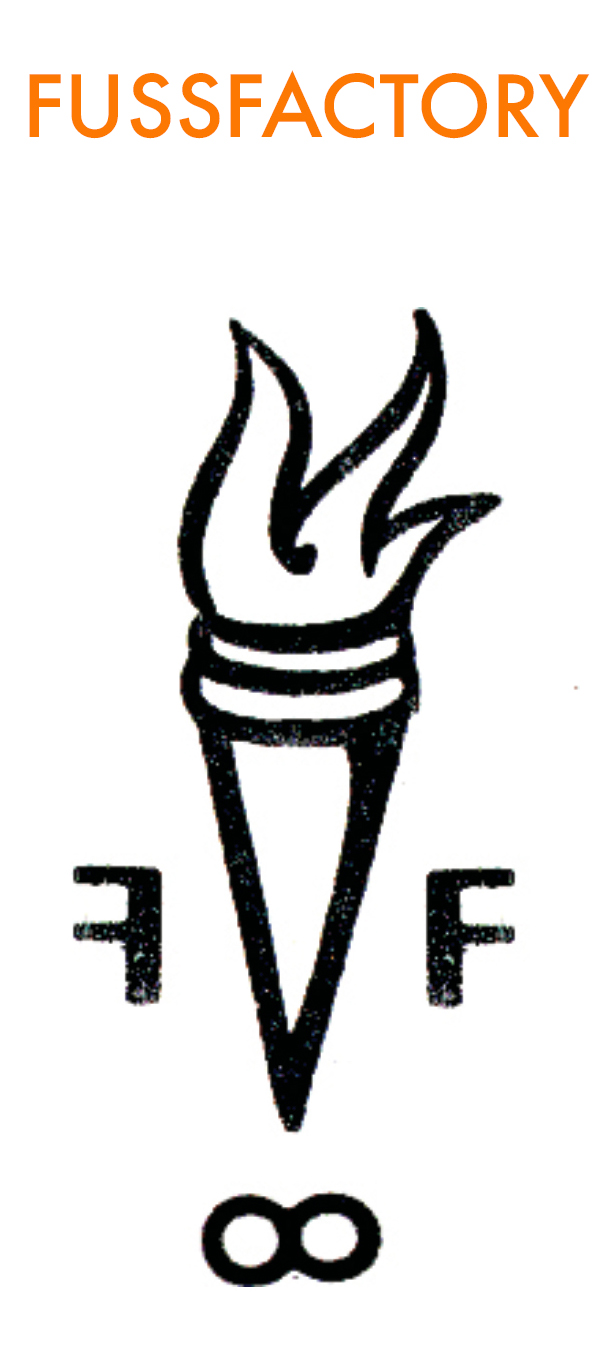#sparkchamber 120720 — Franklin Delano Roosevelt
On December 7, 1941, “a date which will live in infamy — the United States of America was suddenly and deliberately attacked by naval and air forces of the Empire of Japan.” So stated President Franklin Delano Roosevelt in an address to a joint session of Congress the day after Japan’s attack on Pearl Harbor, a naval base near Honolulu, Hawaii.
FDR, the 32nd president of the United states, rose to the occasion as he had a reputation for doing his entire career. From the prominent and renowned Roosevelt family — his 5th cousin, Theodore, was the 26th president — he got off to a good start. Graduated Harvard College, attended Columbia Law School, then elected in 1910 to the New York State Senate. He served as Assistant Secretary to the Navy under Woodrow Wilson during World War I.
In 1921, FDR contracted what is presumed to be polio, and lost the use of his legs. Undaunted, he returned to public office in 1928, serving as the Governor of New York through 1933 — a post he left when elected to the presidency. He won that election soundly, largely due to incumbent president Herbert Hoover’s profound bungling of the Great Depression.
Guiding the country through the depression, exponentially expanding the role of the federal government through his New Deal reform program, he was re-elected for a second term to continue those efforts. With World War II looming, he was then re-elected to an unprecedented third term. [Note: he would later earn an even more unprecedented fourth term; not until the 22nd amendment to the constitution, ratified in 1951, was the presidency limited to two terms.] The U.S. had remained officially neutral in WWII but gave strong diplomatic and financial support to its allies in the conflict.
In a fireside chat — his signature radio addresses broadcast directly to the American people — on December 29, 1940, he explained the reasoning behind this support. “We must be the great arsenal of democracy. For us this is an emergency as serious as war itself. We must apply ourselves to our task with the same resolution, the same sense of urgency, the same spirit of patriotism and sacrifice as we would show were we at war.”
But neutrality came to a decisive end on that infamous December 7th day seventy-nine years ago when Japan made its devastating, unprovoked attack on the relatively defenseless installation. More than 2,400 Americans lost their lives that day, and another 1,000 were injured. Three hundred airplanes and 20 naval vessels, including eight battleships, were destroyed or damaged, along with airfields, dry-docks, and structures.
Neutral no longer, President Franklin D. Roosevelt asked Congress to declare war on Japan. Three days later, Germany and Italy declared war on the United States, which then responded in kind. In the Hollywood version of the story, the actor portraying Naval Marshal General Isoroku Yamamoto bemoans, “I fear all we have done is to awaken a sleeping giant and fill him with a terrible resolve.” But Winston Churchill, the real-life Prime Minister of the United Kingdom, speaking after the attack on Pearl Harbor actually did say, “The United States Is like a gigantic boiler. Once the fire Is lighted under it, there is no limit to the power it can generate.”
However powerful that force may have been, it was no immediate knockout. The two-year’s long conflict to that point extended another four years — bitter, bloody battles across six continents, responsible for an estimated 50 million military and civilian deaths — including the 129,000 and 226,000 primarily civilians killed when the US detonated two nuclear weapons over the Japanese cities of Hiroshima and Nagasaki on August 6 and 9, 1945 respectively.
His physical health declining throughout the war, FDR died in April of 1945, less than three months into his fourth term, a month before the unconditional surrender of Axis powers on May 8, and five months before Japan’s formal surrender on September 2, 1945.
And here we are, 75 years later.
In his last message to the American people, FDR wrote, “Today we are faced with the preeminent fact that if civilization is to survive, we must cultivate the science of human relationships — the ability of all peoples, of all kinds, to live together, in the same world at peace.”
As true now as it ever was. As is this eerily of-the-moment statement given during his last message to Congress: “The point in history at which we stand is full of promise and danger. The world will either move forward toward unity and widely shared prosperity — or it will move apart.”
1.] Where do ideas come from?
There are many ways of going forward, but only one way of standing still.
2.] What is the itch you are scratching?
Happiness lies in the joy of achievement and the thrill of creative effort.
3.] Early bird or night owl? Tortoise or hare?
Take a method and try it. If it fails, admit it frankly, and try another. But by all means, try something.
4.] How do you know when you are done?
I ask you to judge me by the enemies I have made.


